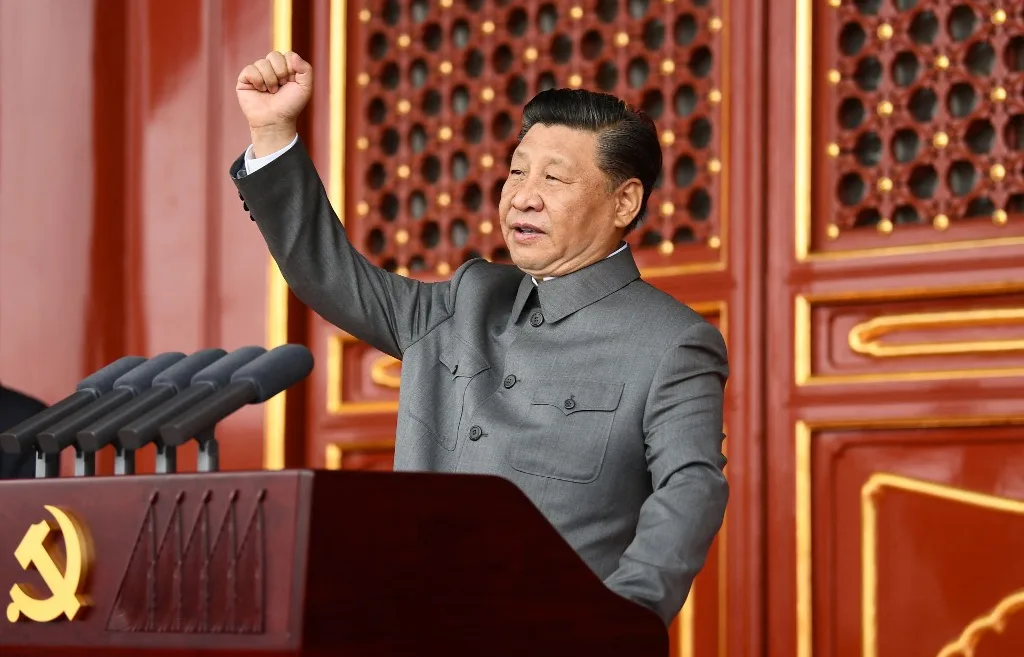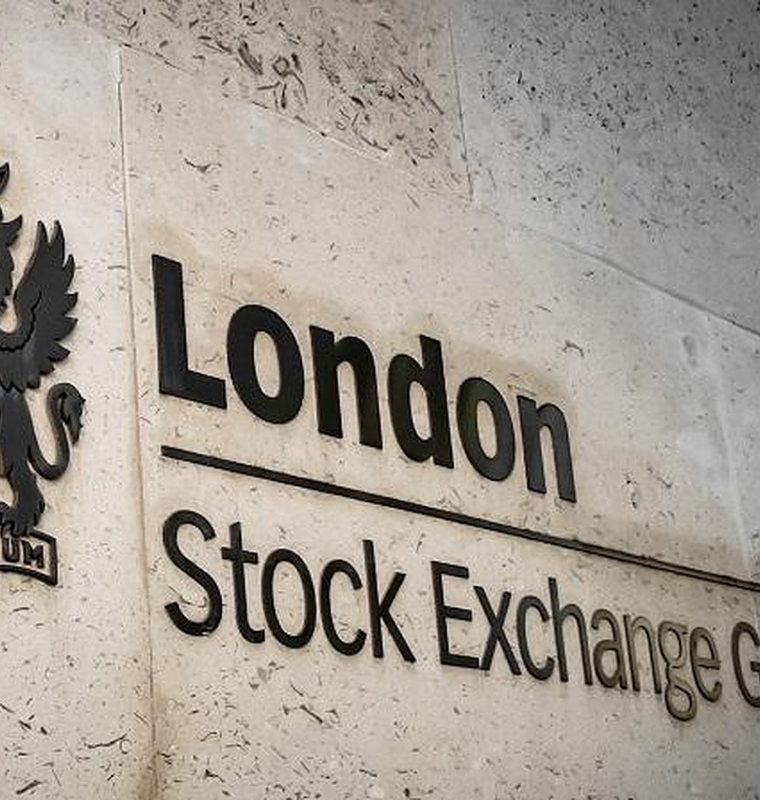Xi Jinping Declares China 'Unfazed' as Beijing Imposes 125% Tariffs on U.S. Goods
Xi Jinping Declares China 'Unfazed' as Beijing Imposes 125% Tariffs on U.S. Goods
By
Rachel Steinberg
Last updated:
April 11, 2025
First Published:
April 11, 2025

Xi Jinping, general secretary of the Communist Party of China Photo: AFP
In a significant escalation of the ongoing trade conflict, China has announced an increase in tariffs on U.S. goods from 84% to 125%, effective April 12, 2025. This move comes in direct response to President Donald Trump's recent decision to raise tariffs on Chinese imports to 145%.
China's Firm Stance Amid Rising Tensions
Chinese President Xi Jinping, in his first public remarks on the escalating trade war, stated that China is "not afraid" of the challenges posed by the U.S. tariffs. He emphasized China's resilience and commitment to safeguarding its economic interests. Xi highlighted that China's development over the past 70 years has been achieved through self-reliance and hard work, not through concessions from others.
The Chinese Ministry of Commerce criticized the U.S. tariffs as "economic bullying" and warned that China would take all necessary measures to protect its interests. The ministry also indicated that while China does not seek further escalation, it is prepared to respond decisively to any additional U.S. actions.
Global Economic Implications
The intensifying trade war between the world's two largest economies has raised concerns about its impact on global markets. Economists warn that the escalating tariffs could disrupt international supply chains, increase costs for businesses and consumers, and potentially trigger a global economic slowdown. The World Trade Organization has expressed concern over the situation, emphasizing the need for dialogue and cooperation to resolve trade disputes.
Strategic Economic Adjustments
In response to the trade tensions, Chinese e-commerce giant JD.com announced a 200 billion yuan ($27.35 billion) initiative to support domestic sales of products previously destined for export. This move aims to mitigate the impact of reduced access to U.S. markets by strengthening China's internal market.
Additionally, China has implemented non-tariff measures, including restrictions on certain U.S. imports and increased scrutiny of American companies operating in China. These actions reflect China's broader strategy to diversify its economic partnerships and reduce reliance on U.S. trade.
Diplomatic Efforts and International Outreach
While tensions with the U.S. escalate, China is actively engaging with other global partners to strengthen economic ties. President Xi recently met with Spanish Prime Minister Pedro Sánchez and is scheduled to visit Southeast Asian nations, including Vietnam, Malaysia, and Cambodia, in the coming weeks. These diplomatic efforts aim to reinforce China's position in the global economy and counterbalance the effects of the trade war with the U.S.
Outlook and Future Developments
The current trajectory of U.S.-China trade relations suggests a prolonged period of economic tension. Both nations appear steadfast in their positions, with limited indications of imminent compromise. Businesses and investors worldwide are advised to monitor developments closely, as the outcomes of this trade conflict will have far-reaching implications for the global economy.
Popular articles
Subscribe to unlock premium content
Gaming Gold Rush

Luxury on the Streets

The Secret Investment Market of Private Historical Artifacts

Gaming Gold Rush

Luxury on the Streets

Gaming Gold Rush









